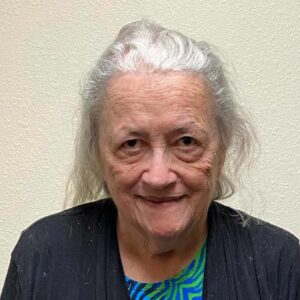
Linda in Northfield, Mensagenda Editor
About Mensagenda
Minnesota Mensa published Vol. I, No. 1 of our newsletter, then called the Minnesota Mensa, in June of 1965. Approaching six decades later and winning awards along the way, we continue to provide a monthly publication, now called Mensagenda.
As expected in a newsletter, we inform our local membership with organizational updates and provide details about our events. The real benefit is that, just like our events, Mensagenda is for our members, by our members.
The love of learning in Mensa is not just about supporting our scholarship but in enriching your own mind and sharing your knowledge, skills, and interests. Read articles and regular columns ranging from scientific explanations to humor in everyday life. Check out our members’ photography, drawing, painting, knitting and quilting, and crafting skills.
What would you like to share? Do you have expertise in a particular field of study or hobby? Want to express your opinion? Have you traveled recently? Do you write poetry? Can you create word games, numerical puzzles, or trivia questions? What could you say about…well, you get the picture.
Mensagenda is another way that Minnesota Mensa provides “a stimulating intellectual and social environment for its members.” What could you contribute if you joined Mensa?
There’s More to Read
Mensa membership provides access to the publications from other chapters, American Mensa, and Mensa International. Click here to learn more.
Featured Cover Art

Dragonfly. Photo by Kenneth in Burnsville.
This picture is of a dragonfly that alighted on the paneling next to my door to pay a visit on July 20, 2023. It was quite calm and allowed me to take its picture.
Gifted Youth Program
by Angela in Winona
February brought some of the gifted youth together to take in Les Misérables at the Orpheum in Minneapolis. Thanks to a grant from the national office and our local group the youth tickets were all free and we were able to have a lunch together before the show.
We are in the process of possibly bringing on a parent volunteer to get some more activities going. We could use some more, though! Please consider helping grow our gifted youth program by joining as a parent volunteer, a co‐coordinator (must be a Mensa member), or youth or parents can help out by writing articles, sharing resources and events, and managing social media. If you or your Mensa youth are interested in helping please contact the MN Mensa Gifted Youth Coordinator at giftedyouth@mnmensa.org.
The 2026‐2027 season of shows at the Orpheum was just announced and we are planning to book blocks to Mamma Mia!, Hadestown, The Outsiders, The Sound of Music, and Hamilton. I will look into a grant again to see what we can do. Keep an eye out for sign‐ups in July or early August for next season.
There are lots of national events going on that may be of interest to Mensa youth. You can check the national calendar, or follow the MN Mensa Gifted Youth Facebook page to keep up to date at https://www.facebook.com/groups/832410280169343.